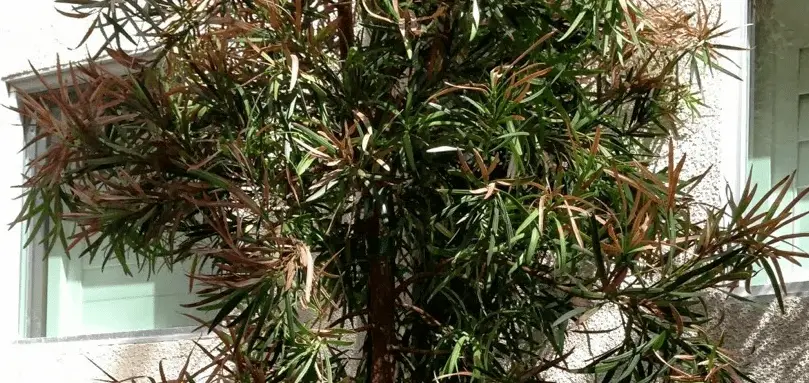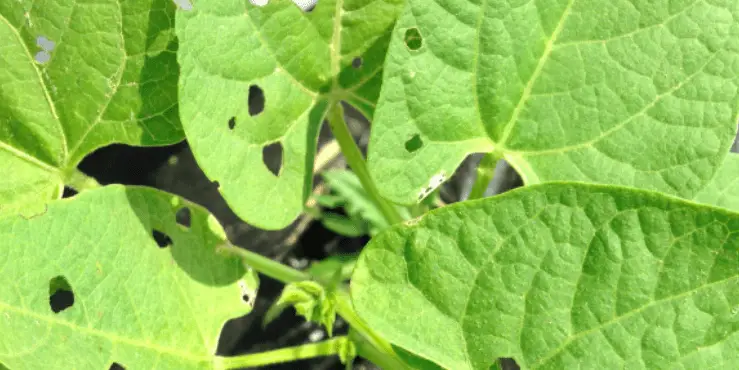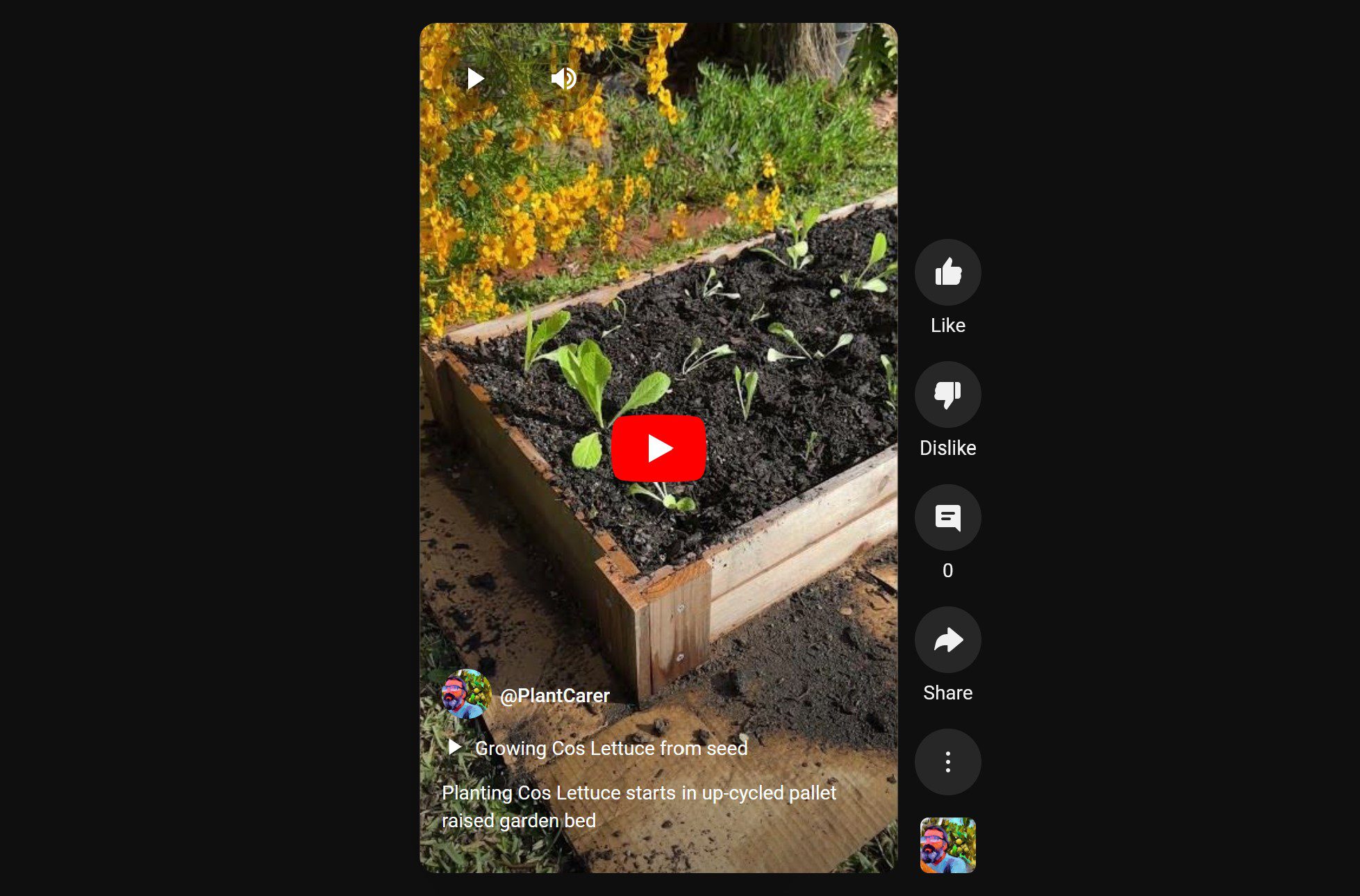Deer can be a huge problem for gardeners. They love to eat plants, and they can quickly decimate a garden. If you are looking for plants that are deer resistant, phlox is a great option. Phlox is a genus of flowering plants that includes around 200 different species. Most varieties of phlox are native to North America, and they grow well in both sun and shade.
Do Deer Eat Phlox?
Phlox is deer resistant, but that doesn’t mean they are deer-proof. Deer will eat just about anything if they are hungry enough. However, phlox is not a preferred food for deer. They much prefer tastier plants like roses or tulips. This means that if you have a garden full of phlox, the deer will probably leave it alone in favor of something else.
Phlox are fragrant flowers that bloom in the spring and summer. They come in a variety of colors, including white, pink, purple, and red. This is mainly the reason why deer don’t like them because the strong fragrance can be overwhelming for them. Deer have a very keen sense of smell, and they are put off by the scent of phlox.
If you have a phlox plant and are concerned about deer, there are a few things you can do to deter them. I will discuss those in the next section.
How to Protect Phlox from Deer?
To really deter deer from your garden, you need to take some proactive steps:
1. Fencing
The first step is to put up a fence. Deer can jump, so the fence needs to be at least eight feet high. Simply put, if the deer can’t get to the plants, they won’t be able to eat them. Fencing can be a bit of an investment, but it is definitely worth it if you are serious about keeping deer out of your garden.
If you don’t want to put up a fence, there are other options. You can try using netting or chicken wire around your phlox plants. This will keep the deer away but still allow you to see the beautiful flowers.
I like this netting from Amazon as it’s an affordable and effective option. Unlike fencing that’s built into the ground, this netting is also easy to take down and move if you need to.
2. Hanging Baskets
Another option is to grow your phlox in hanging baskets. This will make it more difficult for deer to reach the plants, and they are less likely to bother them. For ultimate effectiveness, hang the baskets high enough that the deer can’t reach them.
This guarantees that even if the deer do want to eat your phlox, they won’t be able to get to it. The downside is that the plant will be limited in size, and you won’t be able to enjoy the full beauty of the phlox.
Hanging baskets are also a great way to add some color and interest to your porch or patio, where you may otherwise not be able to grow plants. Simply choose a beautiful pot and fill it with your favorite phlox variety.
3. Deer Repellents
There are many different deer repellents on the market. Some work better than others, and you may need to experiment to find one that works for you. There are both natural and chemical options available.
Some people swear by herbs like garlic or mint. You can plant these around your phlox, and the deer will stay away. Simply crush up some garlic cloves and sprinkle them around the base of the plant. You can also try using mint leaves or oil.
4. Sprinklers
Another option is to use a sprinkler system. Deer hate getting wet, so if you can train the sprinklers to go off when they are around, they will quickly learn to stay away. This won’t work all the time, but it can be effective in deterring deer from your garden.
The automatic variety is particularly effective as it will go off even when you are not home. Plus, the deer will never be able to predict when the sprinklers will go off, so they will always be on their guard.
Can Phlox Be Used as Deer-Resistant Fencing?
Yes, phlox plants are fragrant and can be used as a deer-resistant fence. You will need to plant them close together so that the deer cannot get through. I like to plant mine in a zigzag pattern so that the deer cannot figure out how to get through.
Phlox plants grow tall and can be dense, making them ideal for deer-resistant fencing. If you plant phlox along the perimeter of your garden, it will create a natural barrier that deer will not want to cross.
While deer will generally avoid eating phlox, they may still try to rub their antlers on the plants. This can damage the phlox, so you will need to take steps to protect them. Simply follow the tips in the section above and you should have no problem keeping your phlox safe from deer.
Conclusion
In conclusion, phlox are deer-resistant plants that deer are unlikely to eat. However, they may still try to rub their antlers on the plants which can damage them. To protect your phlox from deer, you can take steps such as fencing them in, growing them in hanging baskets, using deer repellents, or setting up a sprinkler system.
With a little effort, you can enjoy the beauty of phlox without worrying about deer damage. Do you have any tips for keeping deer away from phlox? Share them in the comments below!
Tim is an avid gardener from the UK. He was the founder of PlantCarer.com from 2021 to Sep 2023. He sold PlantCarer.com to Aaron. He has since started his own business called Seed To Supper, which provides new gardeners all the materials you need in a box (pots, seeds, compost and instructions) to grow your own delicious and nutritious vegetables and herbs from start to finish – no garden required.









0 Comments